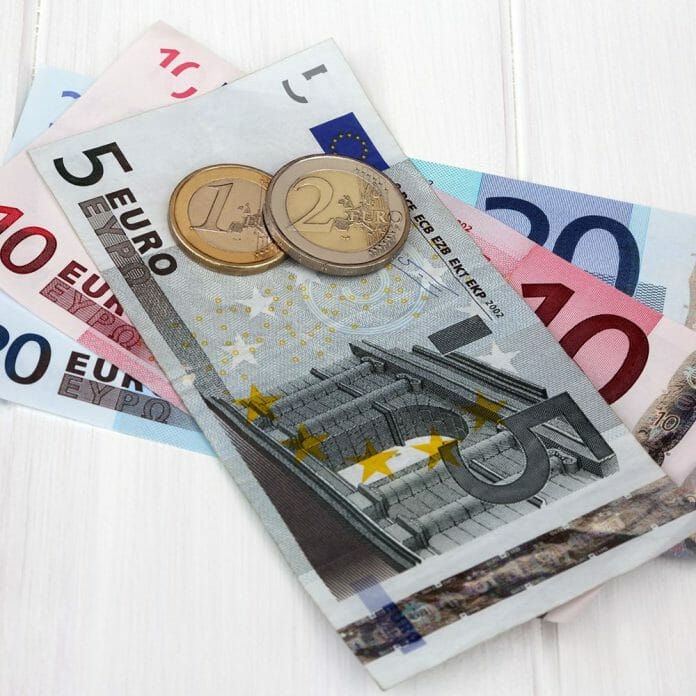Croatia begins using the euro currency and joins the Schengen passport-free travel zone as of Sunday, marking a major milestone for the country that joined the European Union a decade ago.
By switching from the kuna to the euro as 2023 kicks off, Croatia becomes the 20th member of the common currency bloc, German Press Agency (dpa) reported.
The last entrant to the club was Lithuania, in 2015.
Croatia had to meet a slew of fiscal and economic governance rules to adopt the single currency.
The exchange rate is fixed at €1 to 7.5345 kuna, and there is a transition period until Jan 14, during which payments can still be made in both currencies. Kuna can be exchanged free of charge at banks in Croatia until the end of 2023. Under Europen Union (EU) treaties, all member states except Denmark are required to join the euro as soon as the requirements are met, but several members – such as Sweden, Poland and Hungary – have not expressed the political will to do so.
The Schengen area was last expanded in 2011 to include Liechtenstein. Within the zone, people can generally cross borders without having to show documents.
The twin achievements could be a tourism boon for Croatia, which attracts holidaymakers with a long Adriatic coastline that features picturesque bays and islands, plus the medieval city of Dubrovnik.
The elimination of controls at the borders with Slovenia and Hungary and for ferries to Italy will make life easier for tourists, business travellers and commuters. Air travellers within the Schengen area to Croatia will not see changes until March 26









